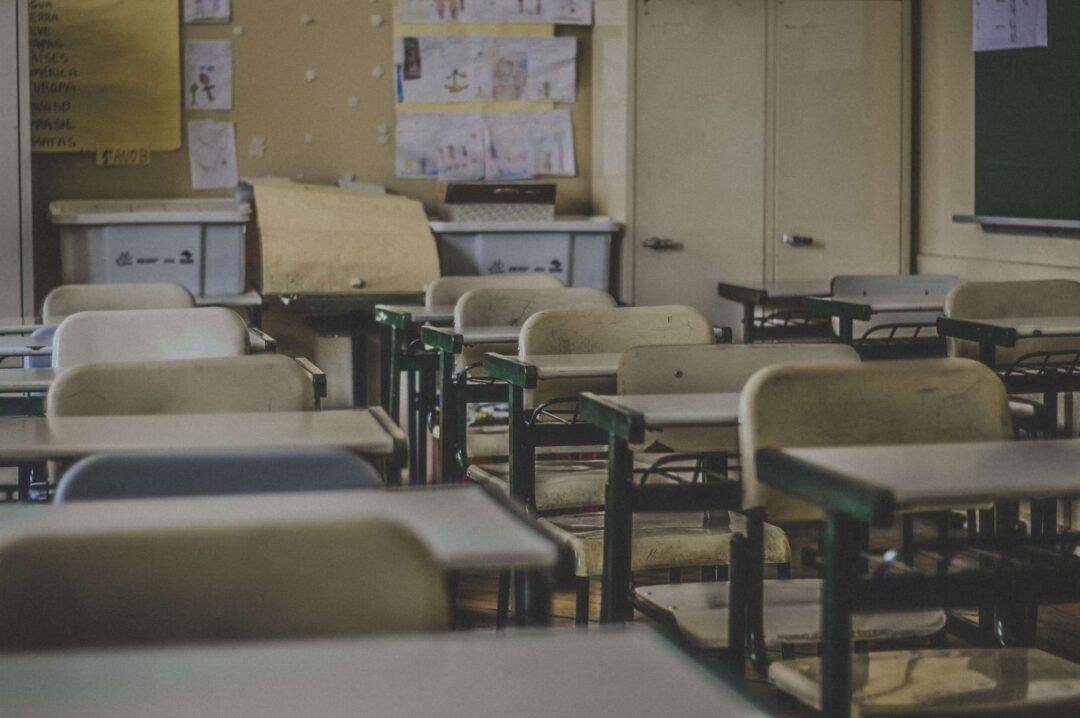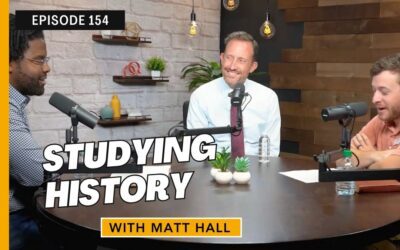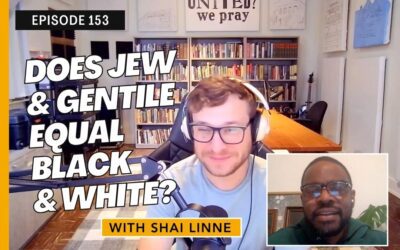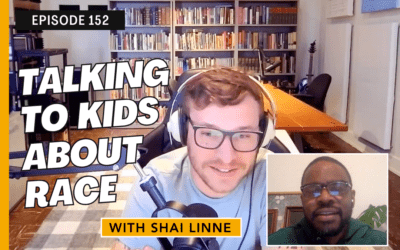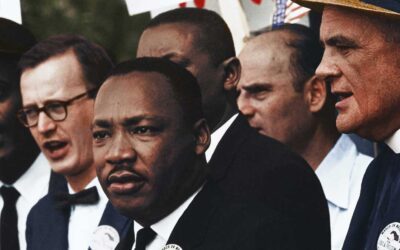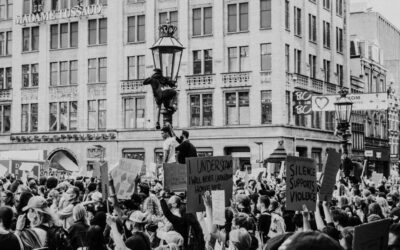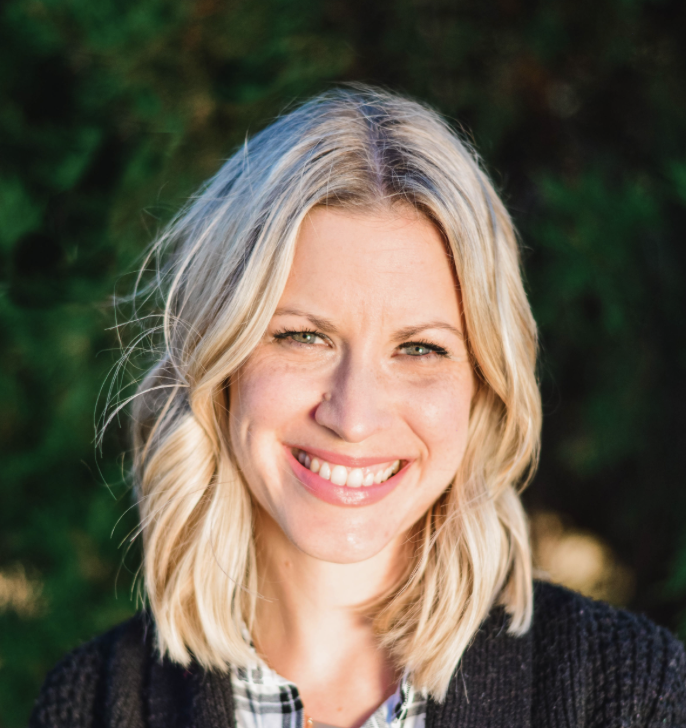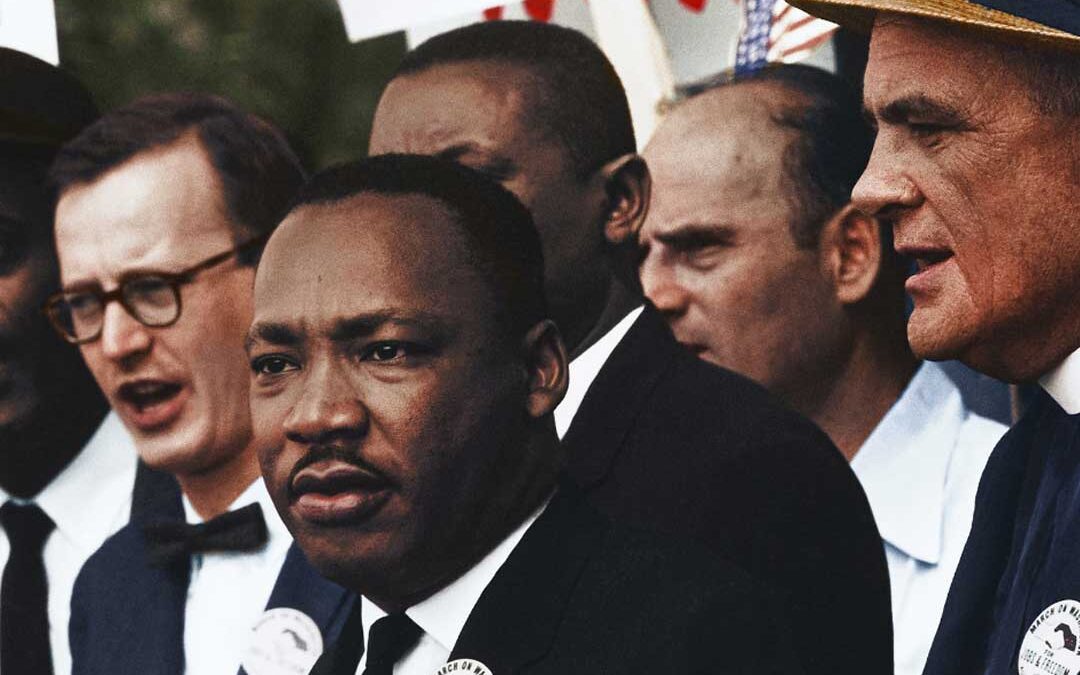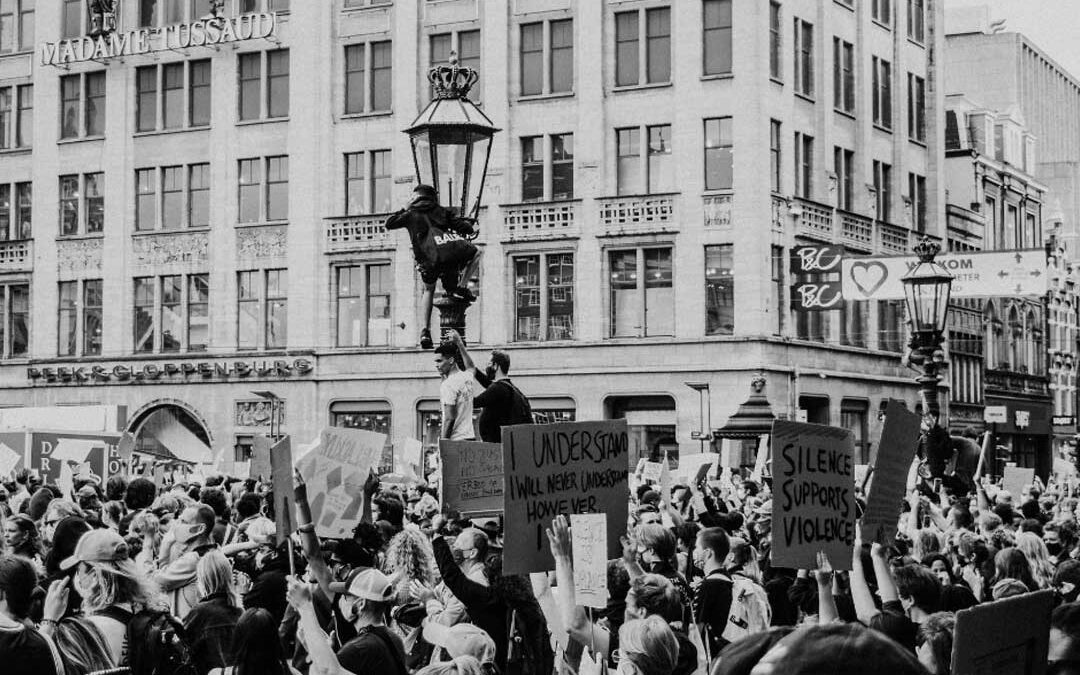Education is a polarizing topic. Ask any member of your church what they think about education, and they likely have a different answer and solution. It’s what makes Christian freedom so glorious—we can worship together with different views on tertiary issues. But in order to grow in our understanding of the struggles of racial injustice in our country, we would do well to listen and learn about a topic that sometimes makes us squirm—desegregation, busing, and the rise of private schools. Together, let’s take an honest look at the history of racism in education.
A number of years ago I worked in communications for a Christian school system. Among other things, I was tasked with writing the origin story for the school. Like many Christian or private schools in America, the story began this way, “At the height of busing, Christian families looked for another way to educate their children that did not require them to send them on long bus rides across town. As a result, a school was born.” At first, I didn’t understand what busing meant. Even though I spent my entire life in public school, I was largely shielded from the realities of desegregation. I also only took the bus briefly as a kindergartner. After some digging, I realized what busing meant and was surprised. I was also conflicted. I had to tell a moving story of a small school’s rise to success. But at what cost did this success come? Under what conviction was this school birthed?
That was over a decade ago. Since then I’ve learned more about the history of private schools in America. I also live fifteen minutes from Central High School in Little Rock, where nine brave African-American students walked through the front doors to attend school amidst horrific opposition from families, educators, and even the government. In many ways, our fears of the unknown, and bad education continues to shape how we view public education in America.
Christians have spent a lot of time, money, and energy building private schools for our children. We rightly want the best for our children. But what about other children?
In an interview on Fresh Air, Nikole Hannah-Jones explains why desegregation has largely proven unsuccessful. We couldn’t control the choices of people. Left to themselves, people often choose what they prefer or what is best for them alone. And because many of us live segmented lives away from people who are different than us already, our schools are still just as segregated. The hearts of people have not been won.
Education doesn’t become a problem overnight. Schools don’t achieve an “F” rating in a year. These things take decades to form. An honest assessment of the history that led to our current crisis of inequity in education is starting to turn the tide towards equity and healing. For Christians, the answer might be first considering how we’re playing into that history. Knowing our history helps us live more faithfully in the present.
Along with learning our history, we should also be mindful of how we talk about education. I never helped form a school in response to busing. But I’ll be the first to admit, I ask friends questions like, “Are there any good schools in your area?” What I mean by that is, “Do you have safe schools?” Or even, “Do you have good educational outcomes?” It’s a privilege to even have that conversation. Many people are not able to choose where their child will go to school.
At the end of the day, there is no simple solution. Parents should be able to decide where their children go to school. We should want our kids to be educated safely and with skill. I live in a certain neighborhood and send my kids to a specific public school for a reason too. But with our choices must come recognition of privilege. Affluent white families pulled their kids from public schools because they wanted more control. But when these kids left, resources left with them, making the situation worse for the kids left behind. And worse, many pulled their kids because they wanted to keep their children from a culture they didn’t understand—or didn’t even value. We can lament the state of education in our country, but we also must wrestle with the steps taken to get to this place. To put it more personally, we also have to wrestle with how our own choices contribute to the problem, too.
As Christians who care about human flourishing, even among our littlest neighbors, education is a crucial place that flourishing begins. The classroom is where countless children learn how to be good citizens, grow in responsibility, and learn to read. Without equitable education, many of our societal problems just continue in a cycle that has no noticeable end. Fixing inequity in education will be difficult. It’s nuanced and situation-specific, and Christians can disagree on those specifics. But we can also do our part by being honest about the history and being honest in our conversations. Christians once helped keep children of different ethnicities separate. By God’s grace, may we lead the charge now of bringing them together.
Prayer Requests:
- Pray for wisdom in how you talk about education and its history in our country. And pray for wisdom about how your own educational choices contribute to the needs in our country.
- Pray for educational inequity to be dealt with in our country in a redemptive way, where people make choices based on the right desires of the heart, and not because they are forced to comply.
- Pray for unity among Christians as they talk about education and educational choice.

